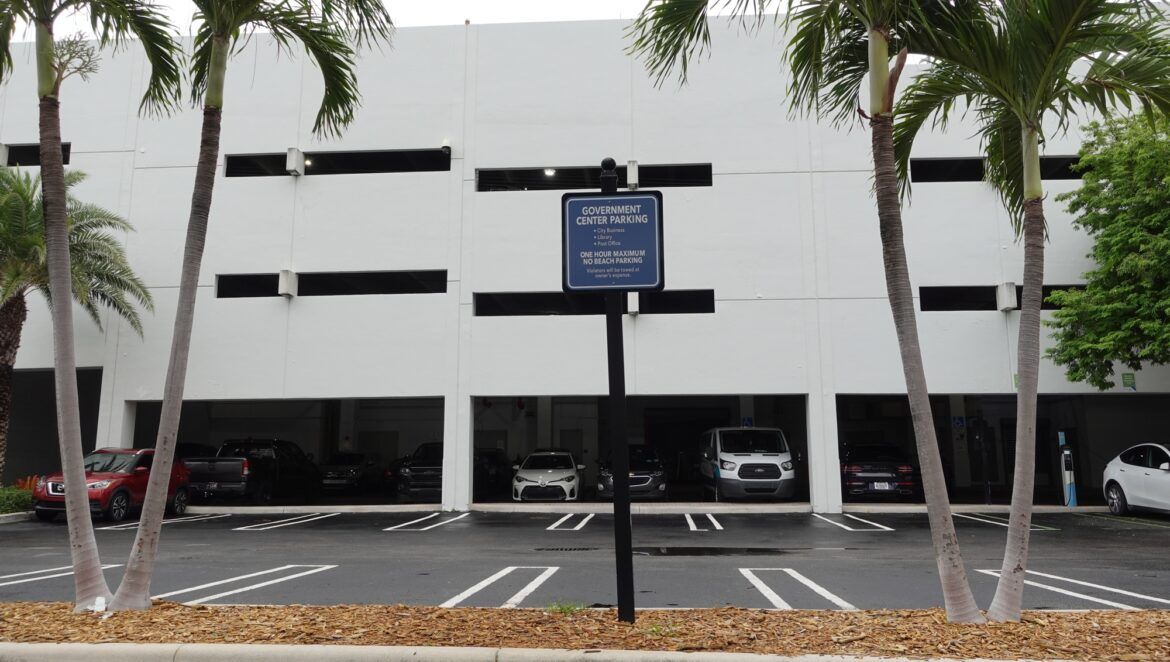The debate around marijuana legalization in the United States has intensified as more states adopt pro-legalization policies, yet federal hesitation persists. One of the core reasons is the federal classification of marijuana as a Schedule I drug under the Controlled Substances Act, labeling it as a substance with high potential for abuse and no accepted medical use. This scheduling places marijuana in the same category as heroin and LSD, and changing its classification is a complex, lengthy process involving multiple agencies and public input. While the DEA recently discussed rescheduling marijuana to Schedule III, significant legal and regulatory barriers remain.
Adding to the complexity is the clash between federal and state laws. While 24 states have legalized recreational marijuana and 14 allow it for medical purposes, these policies directly contradict federal law, which still deems marijuana illegal. This discord creates a challenging legal environment, especially for businesses operating in states with legal cannabis markets. Many federal officials worry that full legalization might set a precedent that weakens federal control over other controlled substances, causing hesitation at the national level.
Political dynamics also heavily influence the government’s reluctance. Public support for legalization is widespread, with a majority of Democrats and an increasing number of Republicans in favor. However, conservative lawmakers are often more resistant, reflecting concerns around public health and societal impact. The split in Congress means that any federal legislation to legalize marijuana faces significant roadblocks, with partisan divides hindering progress and slowing down the possibility of a cohesive national policy.
Law enforcement agencies remain some of the strongest opponents of marijuana legalization. Officials argue that legalization could complicate efforts to combat organized crime and pose new challenges in enforcing public safety. Concerns about impaired driving and crime deterrence play into the federal government’s cautious approach, as policymakers weigh potential public health risks alongside the advantages of a regulated marijuana market. Law enforcement’s voice has consistently shaped the federal perspective on this issue, impacting the rate at which reforms are considered.
In summary, federal hesitation around marijuana legalization is not a simple “yes” or “no.” It involves a mix of legal classifications, conflicts between state and federal policies, political dynamics, and concerns from law enforcement. As public support for legalization grows, the path forward remains uncertain, with complex factors and longstanding apprehensions shaping the federal government’s slow and deliberate approach to change.

